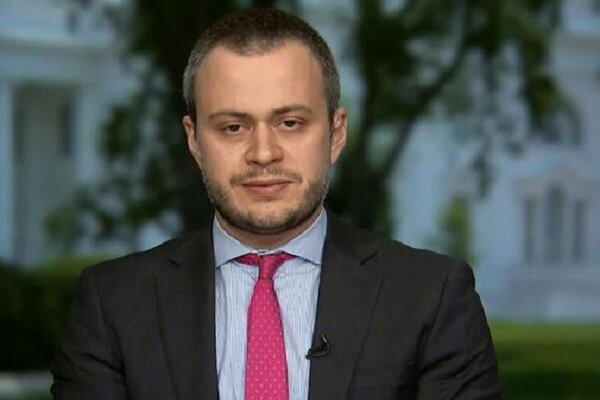GSA: Trump’s unpredictability pushed Arabs to seek partnership with other powers

TEHRAN - Chief executive officer of Gulf State Analytics (GSA) says that the “unpredictability” of U.S. policies under Trump's presidency pushed Arab countries in the Persian Gulf region to seek partnership with other powers including China and Russia.
“All Arab countries in the Persian Gulf have had to contend with the unpredictability and incoherence of Trump's foreign policy,” Giorgio Cafiero tells the Tehran Times.
This “created greater doubt about the wisdom of remaining so dependent on the U.S. for security relations and prompted them to explore deeper partnerships with other powers such as China, France, Turkey, and Russia,” the DC-based consultant notes.
Washington’s policy in West Asia has historically been based on two main goals: securing oil for the U.S. industry and supporting Israel. Although U.S. authorities claim to follow an even-handed approach in dealing with West Asian issues, their practice is traditionally biased in favor of Israel.
At the same time, the United States has adopted punitive measures towards 'uncooperative' states, including Iran, in the region.
Since the victory of the Islamic revolution in Iran in 1979, the country has been under U.S. sanctions. Washington’s pressure campaign reached its height during Trump’s “maximum pressure” strategy against Iran.
Some Arab states tried to exploit Trump’s hostility towards Iran to consolidate their ties with Washington and buy more weapons to change the balance of power in West Asia.
According to Cafiero, “USD 23 billion arms sale that includes F-35 fighter jets, highly advanced drones, and munitions, could have profound implications for the (Persian) Gulf region and wider Middle East’s balance of power.”
The following is the text of the interview with Cafiero:
Q: How do you see the U.S. move in agreeing to sell the Emirates F-35 jets? Would it serve peace in the region?
A: For a host of reasons, this U.S.-UAE weapons deal that the Trump administration strongly supports is highly controversial in Washington. A growing number of lawmakers as well as various members of Biden's inner circle have criticized the Arab-led coalition's conduct in Yemen as well as the UAE's actions in Libya. It is clear that the UAE has spent years becoming more assertive and bold in its foreign policy throughout the wider Arab region. Abu Dhabi has become increasingly difficult for Washington to influence, which is relevant to discussions about this USD 23 billion arms sale that includes F-35 fighter jets, highly advanced drones, and munitions. There is a recognition that the Emiratis possessing such weapons could have profound implications for the (Persian) Gulf region and wider Middle East (West Asia)’s balance of power, making the UAE an increasingly powerful country.
Q: Why do the U.S and some European states prefer to turn a blind eye on the Saudi-Emirati massacre in Yemen and are continuing selling them arms?
A: The Trump administration was keen to defend Saudi actions in Yemen, often resulting in disagreements between U.S. lawmakers of both political parties and the White House. What remains to be seen is the extent to which U.S.-Saudi relations and Washington's overall approach to Yemen change after President-elect Joe Biden takes the helm. As a presidential hopeful, Biden vowed to cut off U.S. support to the Riyadh-led coalition fighting the Iranian-backed Houthi movement. Yet it will be important to see whether Biden actually cuts off such support, or if this was merely campaign rhetoric.
Q: How do you see Trump's policy in the region? Do you think that Arab nations are content with U.S. approaches?
A: Some Arab states in the Persian Gulf such as Saudi Arabia and the UAE supported Trump's "maximum pressure" campaign against Iran. Yet others such as Qatar and Oman did not welcome the U.S.'s growing aggression against Iran in the Trump period and both Doha and Muscat hope to reap benefits from the Biden administration's approach to Iran which will likely be more diplomatic and less hawkish than Trump's. Moreover, all Arab countries in the Persian Gulf have had to contend with the unpredictability and incoherence of Trump's foreign policy, which created greater doubt about the wisdom of remaining so dependent on the U.S. for security relations and prompted them to explore deeper partnerships with other powers such as China, France, Turkey, and Russia.
Leave a Comment